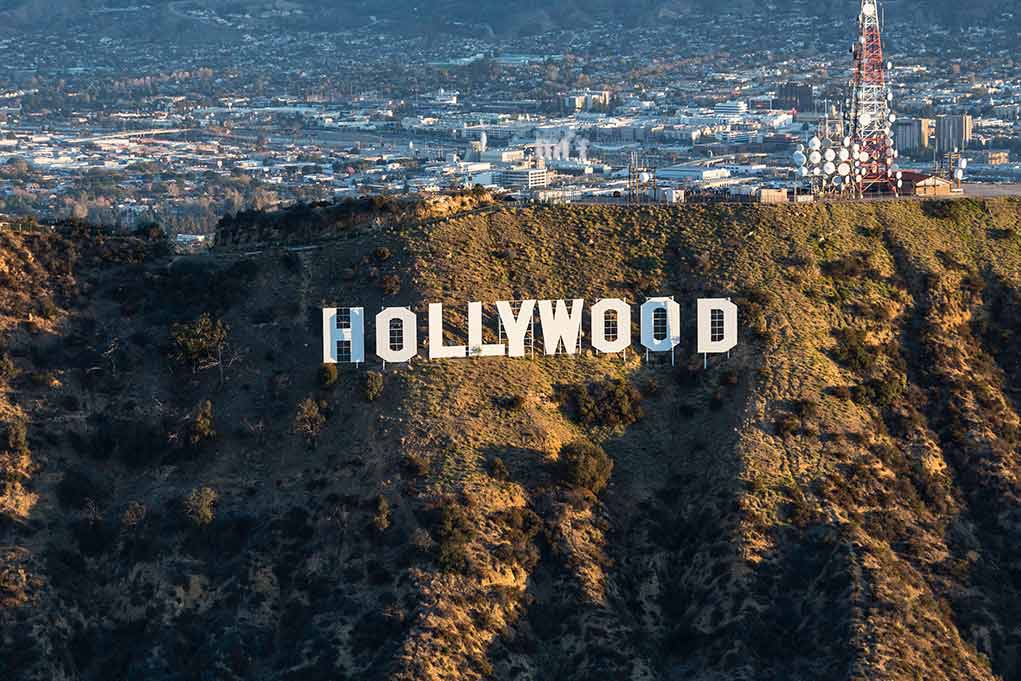
Tom Cruise’s remarkable choice to avoid political controversy regarding Trump’s film tariffs showcases why he remains one of Hollywood’s most respected and enduring stars.
Key Takeaways
- Tom Cruise professionally deflected questions about President Trump’s proposed 100% tariffs on foreign films during a recent press event, maintaining focus on his craft rather than politics.
- President Trump announced plans for significant tariffs on foreign-made films after meeting with actor Jon Voight, proposing a “Make Hollywood Great Again” initiative.
- Cruise’s approach of separating personal politics from professional work contrasts with many celebrities who alienate portions of their audience with political commentary.
- The definition of “foreign-made film” remains unclear in an increasingly globalized industry, creating uncertainty about the tariff’s implementation and impact.
- Cruise demonstrates exceptional audience respect by focusing on delivering entertainment rather than political opinions, contributing to his enduring popularity.
A Star Who Respects His Audience
While promoting “Mission: Impossible — The Final Reckoning,” Tom Cruise demonstrated the professional approach that has kept him at the top of Hollywood for decades. When directly questioned about President Trump’s proposed tariffs on overseas film productions by a South Korean reporter, Cruise simply stated, “We’d rather answer questions about the movie. Thank you,” as reported by RedState. This moment perfectly illustrates why Cruise has maintained such broad appeal across political divides in an era where many celebrities feel compelled to share their political views regardless of context.
Cruise’s focus on his craft and respect for his audience stands in stark contrast to the approach taken by many Hollywood figures who readily offer political commentary during promotional events. By declining to wade into the controversial waters of Trump’s economic policies, Cruise effectively respected viewers of all political persuasions. The moderator at the press event seemed to recognize the appropriateness of this approach, noting it was a “fair response” to redirect attention to the film itself rather than engage in potentially divisive political discourse.
Trump’s Tariff Proposal Shakes Hollywood
The question posed to Cruise stems from President Trump’s recent announcement of plans to implement 100% tariffs on foreign films following a meeting with veteran actor Jon Voight. This “Make Hollywood Great Again” initiative includes a proposed 120% tariff on films produced internationally that could have been made in the United States. The move represents an unprecedented approach to the film industry, as the U.S. has historically not placed tariffs on films, nor have American films generally been subject to tariffs in other countries.
“Is a movie written in the U.S. for a U.S. studio, funded by a U.S. production company set in a foreign country that then comes back and does all the effects and post-production work and marketing here — because the story elements include a foreign angle, does that count as a foreign-made film?” questioned Daniel Loria, highlighting the complexity of defining what constitutes a “foreign-made film” in today’s interconnected global production landscape.
The film industry has become increasingly globalized, with countries like China and India now producing more films than the United States. The domestic box office (U.S. and Canada) represents a shrinking portion of global sales compared to previous years, making the potential impact of such tariffs particularly significant for an industry still recovering from pandemic-related disruptions.
A Model of Professional Conduct
Cruise’s refusal to engage in political commentary during what was meant to be a film promotion event exemplifies the professional approach that has helped maintain his broad appeal. By focusing solely on his work rather than potentially alienating portions of his audience with political statements, he demonstrates a level of respect for fans that has become increasingly rare in Hollywood. This approach has likely contributed significantly to his longevity in an industry where careers can be derailed by controversial statements.
“You’re buying the experience. Putting a tariff on movies would be very difficult to trickle down to the moviegoer. You have to think about movie-going as a service, not a good,” stated Jon Voight, offering perspective on the complex economic considerations involved in film production and distribution.
The contrast between Cruise’s approach and that of many other celebrities is striking. While numerous Hollywood figures readily share political opinions regardless of context, potentially alienating significant segments of their audience, Cruise remains steadfastly focused on delivering entertainment that can be enjoyed by all. His career longevity suggests there may be wisdom in this approach, particularly in an era of intense political polarization where entertainment can serve as a rare common ground.
Impact on the Film Industry
As the film industry continues to navigate post-pandemic recovery, the potential implementation of significant tariffs adds another layer of uncertainty. California Governor Gavin Newsom has proposed a $7.5 billion federal film tax credit to attract productions back to California, while states like Georgia and New Jersey have been offering their own incentives to draw film productions. These competing approaches highlight the decentralized nature of the American film industry and the complex economic factors at play.
“It’s a gig economy. It’s people who are, in general, highly accomplished craftspeople in very specialized crafts. Many of whom are struggling because of runaway production. Because of issues of crisis within the business and the transformation that’s going on,” explained Jason Squire, highlighting the human impact of industry shifts on skilled workers.
Regardless of how the tariff situation unfolds, Cruise’s example of maintaining professionalism and audience respect offers a valuable lesson for celebrities across the political spectrum. By focusing on delivering exceptional entertainment rather than political commentary, he has built a career that transcends partisan divides—something increasingly rare in today’s polarized entertainment landscape. As the industry faces new challenges, Cruise’s approach of putting fans and filmmaking first continues to serve him well.
















